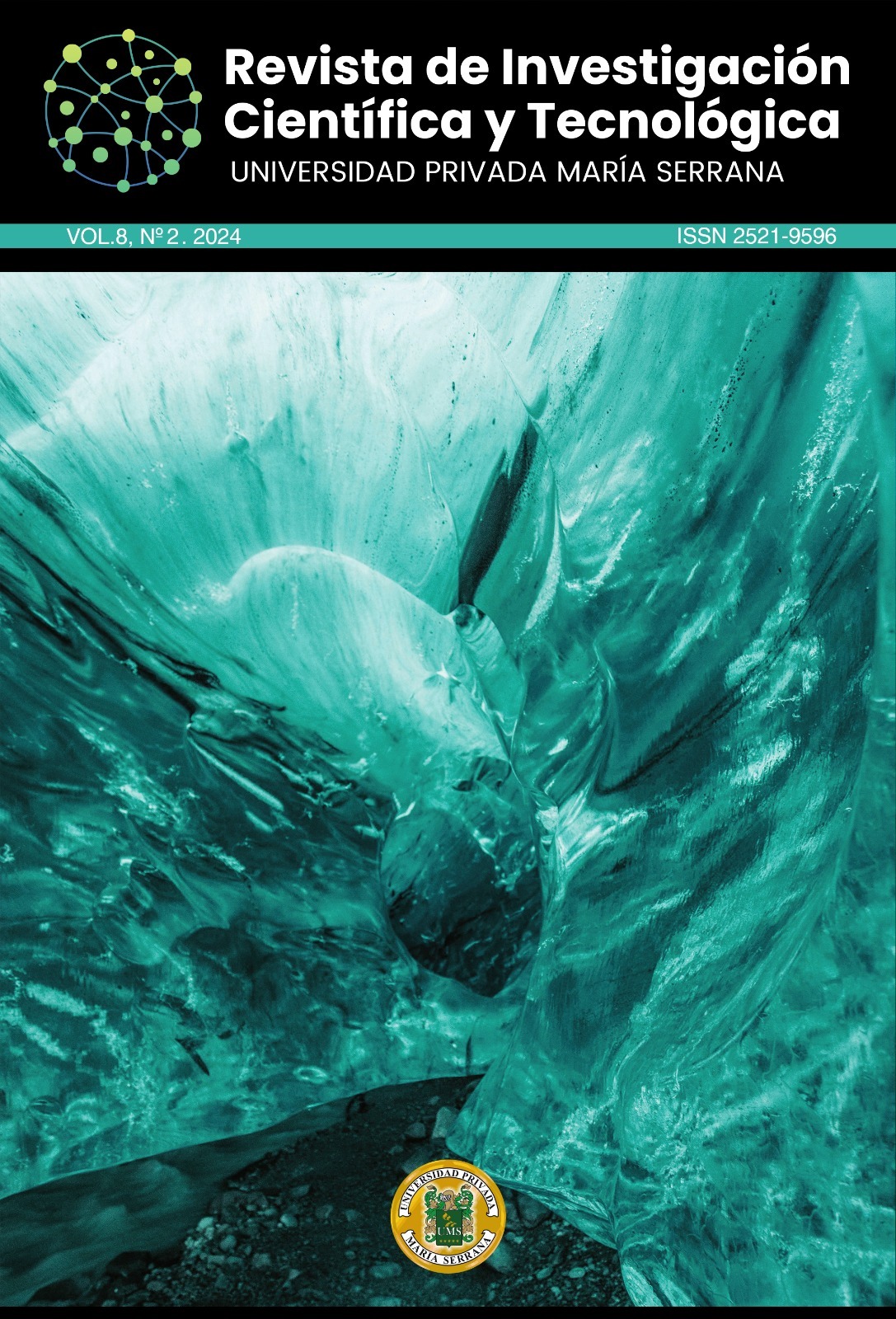Abstract
The main objective of entrepreneurship is the economic and social development of society, consequently, it is necessary to adopt new skills to improve the conditions and quality of life of all citizens. Objectives: The purpose of this research work is to analyze the entrepreneurial profile of the administration students of the Faculty of Economic and Business Sciences of UNICAN-Curuguaty. Materials and methods: This is a quantitative and descriptive study, the design was non-experimental and cross-sectional, of a sample of 54 students from the second year to the sixth year. Using a structured survey questionnaire. Results: The results showed that more than 40% of the respondents intend to start a business since they have sufficient skills and abilities to start it. On the other hand, 30% do not feel confident about the success of their venture considering the current economic situation and the existing competition in the market. Conclusions: The teaching received at the university has a significant impact and inspires students to make personal and professional decisions in the business field.
References
Benítez, E. F. V., & Ortega, R. (2022). EMPRENDEDURISMO ACADÉMICO EN PARAGUAY: ANÁLISIS PRELIMINAR DE LA PROPENSIÓN A LA CREACIÓN DE EMPRESAS POR PARTE DE ESTUDIANTES DE UNIVERSIDADES PÚBLICAS. 1(3), 140- 162.
Calzado-Barbero, M., Fernández- Portillo, A., & Almodóvar-González, M. (2019). EDUCACIÓN EMPRENDEDORA EN LA UNIVERSIDAD. Journal of Management and Business Education, 2(2), 127-159. https://doi.org/10.35564/jmbe.2019.0011
Dávila, G. C. T., Arboleda, A. C. C., Sarango, L. M. S., & Encalada, M. V. N. (2021). Perfil emprendedor de los estudiantes del Instituto Superior Tecnológico Ismael Pérez Pazmiño. Sociedad & Tecnología, 4(3), Article 3. https://doi.org/10.51247/st.v4i3.139
GBC_InnovandoPy2024_NOB-V1.pdf. (s. f.).
Guerra, C. E. H. (2012). Una investigación en emprendimiento: Caracterización del emprendedor. 1(191-204), 14.
Guzmán-Pérez, D.-S., Torres-Flórez, D., & Hernández-Gracia, T. J. (2020). Actitud emprendedora en estudiantes universitarios de administración: Caso Pachuca, México. Vinculatégica EFAN, 6(1), Article 1. https://doi.org/10.29105/vtga6.1-554
Hernández Sampieri, R. (2014). Metodología de la investigación (sexta). McGRAW-HILL / INTERAMERICANA EDITORES, S.A. DE C.V.
Herrera Guerra, C. E., & Montoya Restrepo, L. A. (2013). El emprendedor: Una aproximación a su definición y caracterización. Punto de vista, 4(7). https://doi.org/10.15765/pdv.v4i7.441
Kantis, H. (Ed.). (2004a). Desarrollo emprendedor: América Latina y la experiencia internacional. Banco Interamericano de Desarrollo.
Margherita Bacigalupo, P. K., & Yves Punie, G. V. den B. (2016). Entre- Comp: The entrepreneurship competence framework. Publications Office. https://data.europa.eu/doi/10.2791/593884
OECD. (2019). Reporte de mercado laboral en Paraguay. OECD. https://doi.org/10.1787/1fd2da34-en
Sánchez, J. C., Caggiano, V., & Hernández, B. (2011). COMPETENCIAS EMPRENDEDORAS EN LA EDUCACION UNIVERSITARIA... ISSN, 3(1).
Sung Park, S. I., & Duarte Masi, S. (2015a). El perfil del emprendedor y los estudios relacionados a los emprendedores Iberoamericanos. Revista Internacional de Investigación en Ciencias Sociales, 11(2), 291-314. https://doi.org/10.18004/riics.2015.diciembre.291-314
Watson, J. B. (1913). “Psychology as the behaviorist views it.”. Psychological Review, 20(2), 158–177.
Yin, R. K. (2018). Investigación Sobre Estudio de Casos (Diseño y Métodos). Recuperado el junio de 2023, de http://panel.inkuba.com:http://panel.inkuba.com/sites/2/archivos/YIN%20ROBERT%20.pdf

This work is licensed under a Creative Commons Attribution 4.0 International License.






